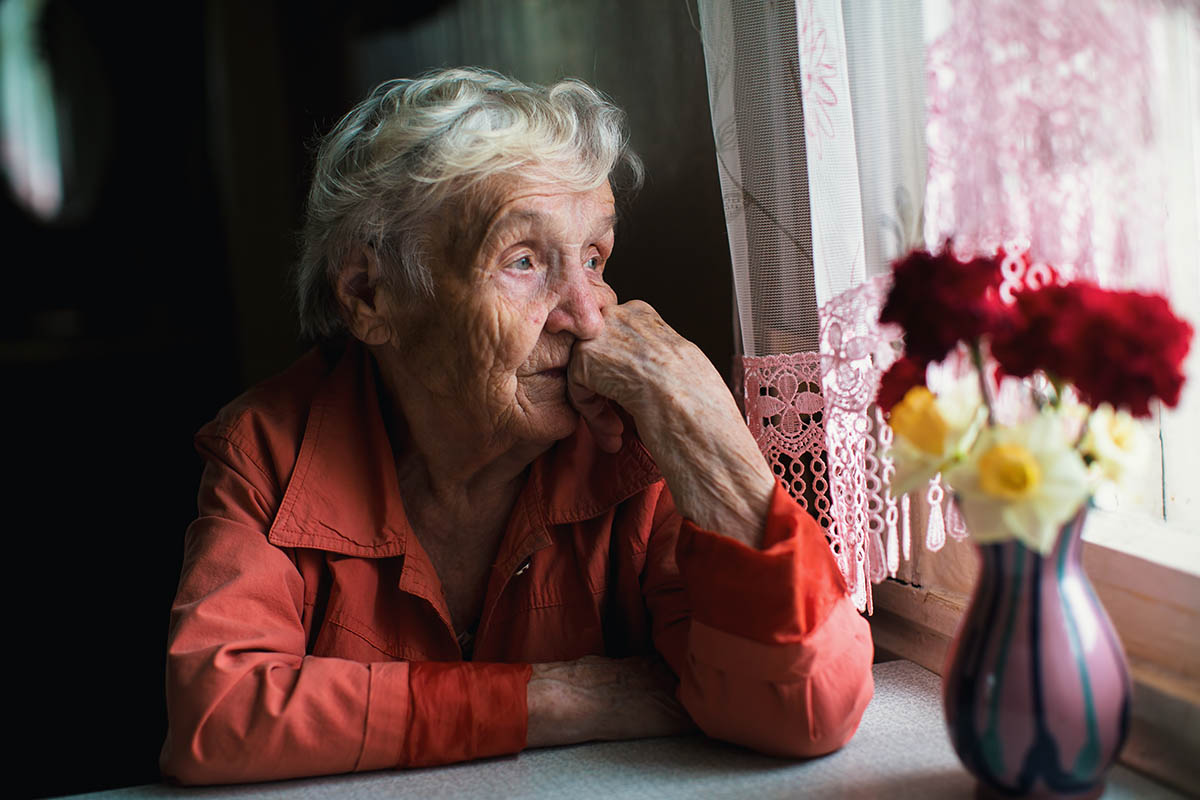Approximately 6 million people age 65 and older in the U.S. suffer from depression, according to experts; but it is not a condition that automatically comes along with growing older. Discovery Village retirement community is a good atmosphere for promoting mental health.
Among seniors, there is often a stigma attached to mental illness powerful enough that many refuse to acknowledge their mental state. Largely due to a reluctance to seek treatment for psychiatric conditions, only about 10% of seniors who suffer from depression are treated for it.
How Depression Affects the Elderly
Younger people are impacted by depression differently from the elderly. One distinction is that with seniors, medical disabilities and illnesses last longer and often become a source of depression. There are numerous hazards and risks that are heightened in the elderly, if they are in depression. The following are related facts and statistics:
- A senior’s risk of suffering from cardiac diseases is doubled by depression.
- An elderly person’s rehabilitation from illness or injury is hindered by depression.
- The possibility of dying from various injuries and illnesses is increased if the elderly person is in a state of depression.
- People between the ages of 80 and 84 have more than twice the suicide rate of the general population. For this reason, depression in people age 65 and older is considered by the National Institute of Mental Health to be a major public health problem.
Risk Factors for Depression
Depression should be taken seriously at every age, but seniors especially need to be on the lookout for signs and symptoms of the condition. When seniors suffer the loss of a spouse or go through relocation of residence or retirement, they often become depressed but the condition isn’t recognized by others simply due to the circumstances. Risk factors of seniors being depressed include:
- Being unmarried, single, widowed, or divorced.
- Being a female.
- Lack of a social network that provides support.
- Stressful life events.
There are also many health conditions which have been found to increase the risk of depression, such as: hypertension, stroke, diabetes, cancer, atrial fibrillation, dementia, and chronic pain. The following are more risk factors:
- Damage to the body image, such as from cancer surgery, an amputation, or heart attack
- Taking certain medicines or a combination of medications
- Family history of serious depressive disorders
- Fear of dying
- Social isolation
- Previously having attempted suicide
- Suffering from severe or chronic pain
- Recent death of a loved one
Common Treatments for Depression in Seniors
Counseling, psychotherapy, and medication or a combination of the three are the most common treatments used for depression. In some cases, electroconvulsive therapy (ECT) is used.
Antidepressants can be very effective but must be taken with caution, so that potential harmful reactions with other medications can be avoided.
Psychotherapy is a form of support that can be very beneficial, much like the support provided by friends and family. Seniors with mild to moderate symptoms who prefer not to take medication are the best candidates for counseling or psychotherapy.
ECT may be the needed treatment for seniors who cannot take antidepressant medications due to interactions with other medicines or side effects. ECT is considered a safe and often effective treatment alternative for seniors suffering from depression.
Symptoms of Depression
If you have been sad, irritable, or lacking motivation for more than two weeks, it is possible that you could be suffering from clinical depression. Depression is a health issue that can be seen in x-rays because it causes a change in brain chemistry and structure. It is a medical illness that is entirely treatable, and it is not an indication of any type of character flaw. The following are more symptoms of depression:
- Loss of interest in activities that have typically been a source of pleasure.
- Experiencing feelings of guilt, worthlessness, and/or hopelessness.
- Having recurring thoughts about wanting to harm or kill yourself.
- Sleeping too much.
- Insomnia or trouble sleeping, particularly in early morning hours.
- Low energy level and feelings of fatigue.
- A change of appetite, whether an increase or decrease.
If symptoms of depression are ignored, there are numerous possible problems that can develop, including:
- Difficulty making decisions
- No longer participating in things previously enjoyed
- No longer spending time with friends and family
There is also a depressed condition called seasonal affective disorder (SAD). It can occur in any season but occurs most frequently during winter and fall, when daylight hours are shortened.
Good News About Depression
Not every disappointment or struggle in life leads to clinical depression. Grief is completely normal, particularly as a result of the death of a spouse, loss of a job, going through a divorce, or being diagnosed with a serious health problem. A difference is whether you can experience times of cheer for short periods of time, in which case you are grieving or experiencing sadness but are not clinically depressed.
An in-depth study revealed that 70% of the people treated for depression with medications become symptom-free, though it may require trying more than one medication to get to that point.
Deliberately thinking positively has been known to ease symptoms of depression. Replace negative thoughts with positive, upbeat thoughts; this approach works for many people.
Finally, there is a very real hope for brighter days, for elderly people suffering from depression. Being in a positive environment can help as well. Consult a physician if you have signs and symptoms of clinical depression.
Discovery Village at Sugarloaf offers a variety of senior living programs to keep seniors healthy and active. Learn about our senior living options and amenities today when you contact us at 770.232.3008.







